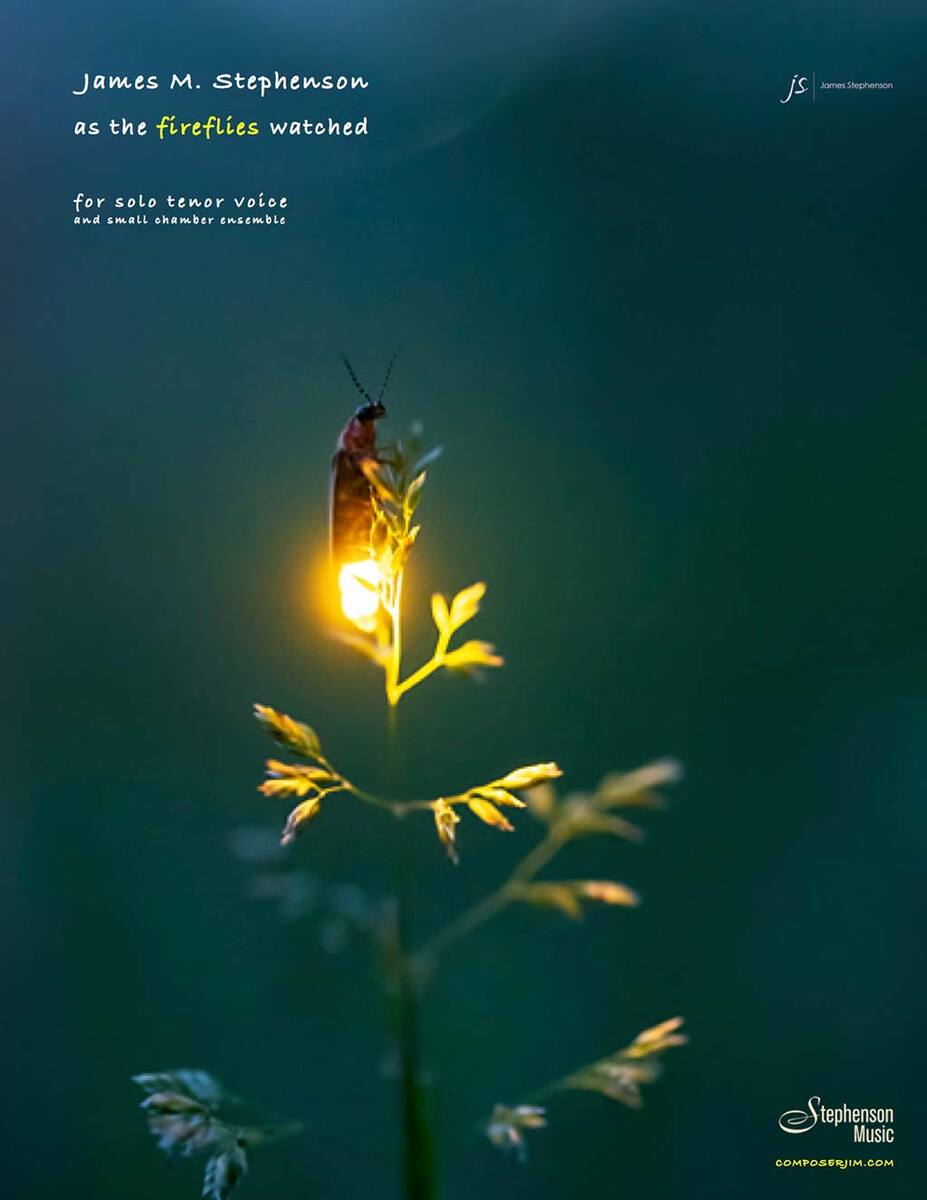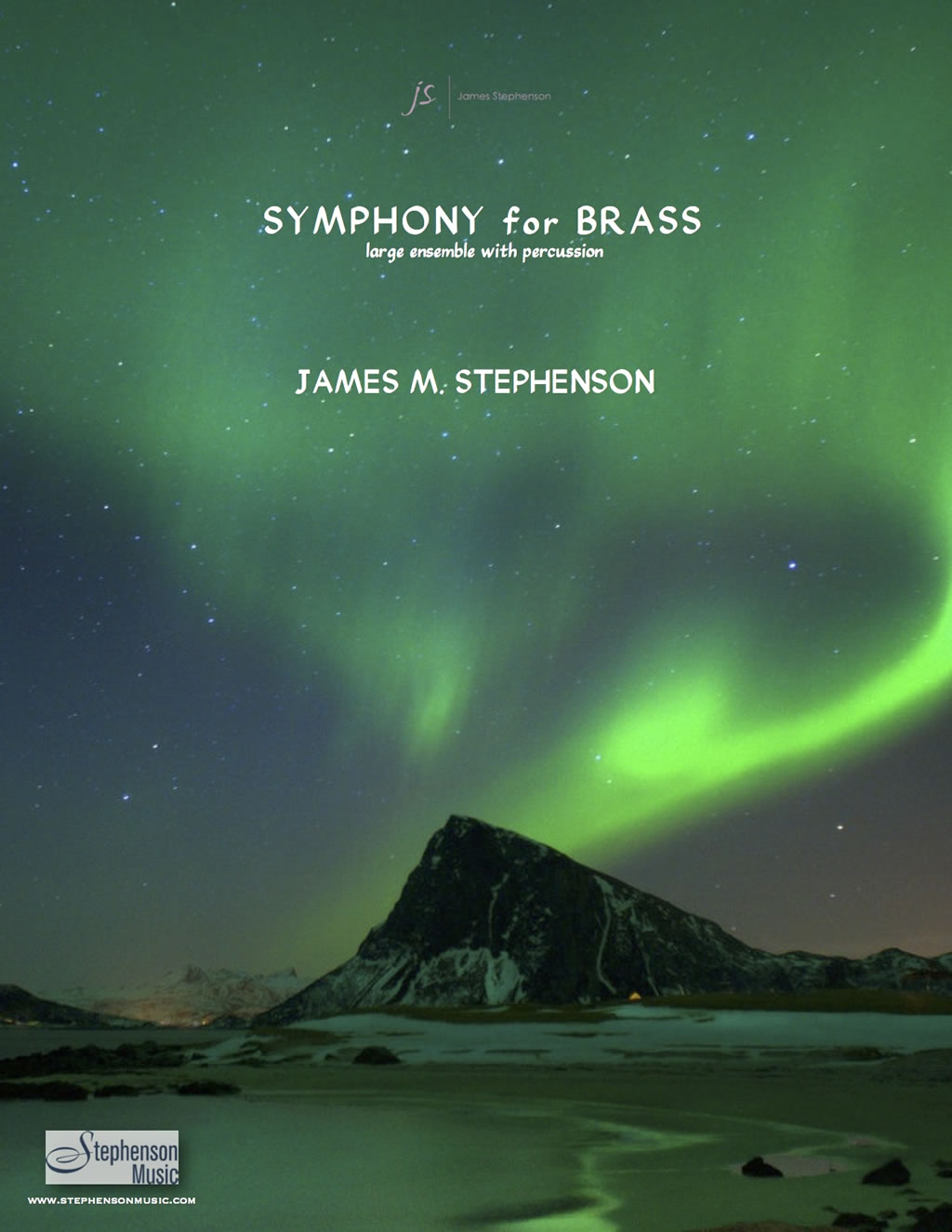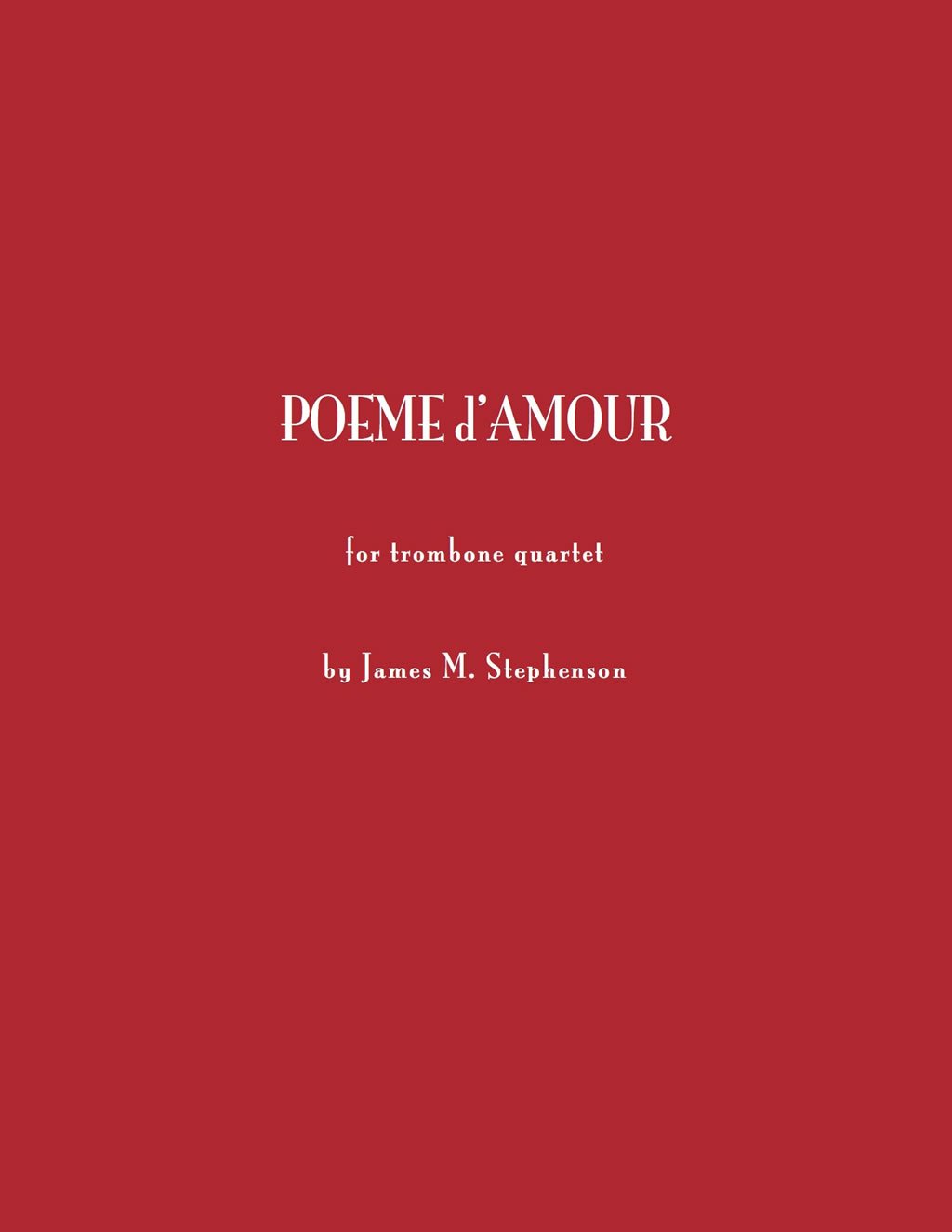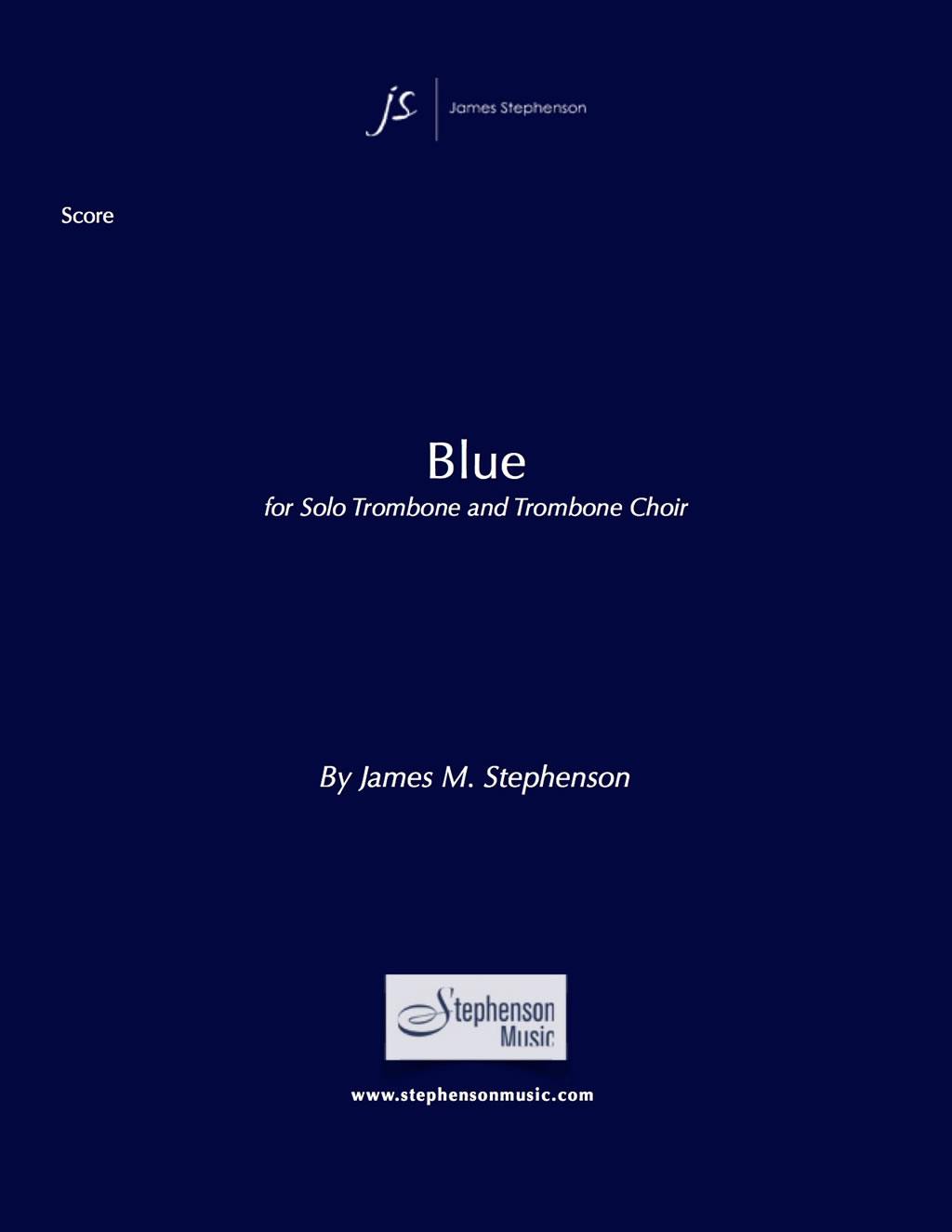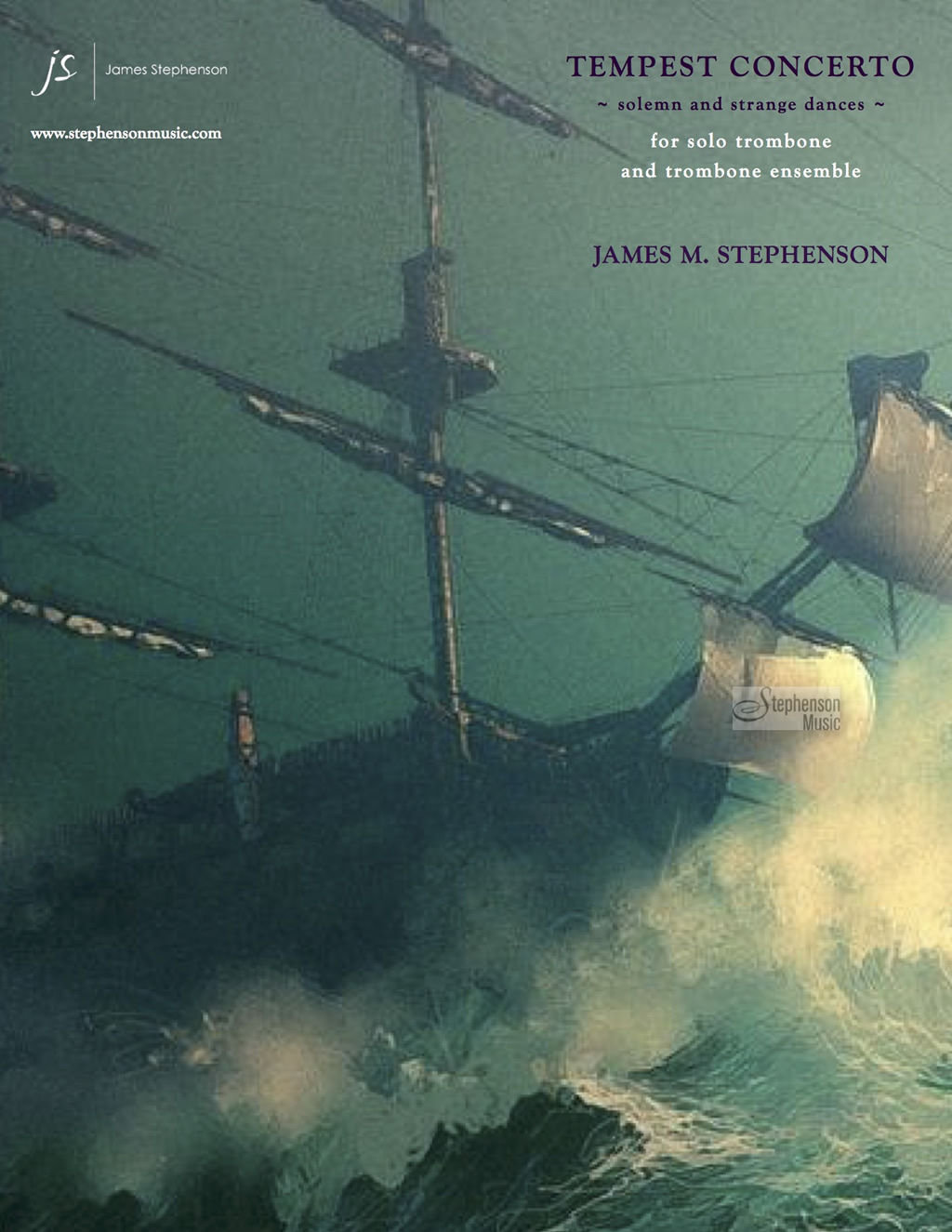as the fireflies watched
$35.00 – $185.00
15′
WATCH PREMIERE
University of Southern Mississippi; Catherine Rand, director
For solo tenor voice and chamber ensemble: Flute, Alto Sax, Bassoon, Trumpet, Cello, Bass, 2 percussion, and Piano.
Description
as the fireflies watched
for solo tenor voice with small chamber ensemble
Commissioned by the University of Southern Mississippi Band’s Department in honor and celebration of their 100th anniversary: Catherine Rand, Director of Bands.
Premiered on April 22, 2021 by the University of Southern Mississippi Chamber Ensemble
Duration: 15′
instrumentation:
solo tenor voice
flute – alto saxophone – bassoon – trumpet/flugelhorn – 2 percussion – piano – cello – double bass
Percussion 1 – sus cymbal, trill, wood slab, ride cymbal, tam-tam, bowed crotales
Percussion 2 – 5-oct marimba, chime (F#), trgl., tambs. (mounted and held), cabasa, kick-drum, sus. cymb., bowed crotales, vibes
Program notes – by the composer:
Music and text dedicated to James M. Stephenson, Jr. – my father
Usually, when asked to produce a new work celebrating the 100th anniversary of an institution, one might expect a more celebratory result, in order to honor the occasion.
I am so grateful, for personal reasons, that director Catherine Rand allowed me to write
the piece of my choosing. Because what follows had to come out, and needed to be written.
Everything scored in this piece is written in memory and in honor of my father. Even every instrument
chosen is in some way related to him. My mother – his wife of nearly nearly 53 years – played the flute in high school.
My father played the saxophone and bassoon in high school. Trumpet was my instrument, which he/they supported entirely.
My dad had a dance band in college, hence the use of two percussionists and a bass. His main instrument was piano, which I heard him play almost every day in our living room. Later in life, he picked up the cello. And finally, he was a tenor in many choirs throughout his life.
My childhood was a completely happy one. I received no arguments in whatever endeavor I chose, and most notably,
my musical interests were wholeheartedly supported from the day I picked up a trumpet. Music would become something my father and I would discuss the most often whenever we got together.
With all of that being said, it was impossible for me to write this piece without the doses of sadness that accompany it throughout.I always imagined that after my “most busy years” of child-raising and professional intensity were behind me, that my dad and I would find time to get together and hang out, as fathers and sons ought to. However, my mother passed away in 2016, and he was never quite the same thereafter. Furthermore, it was the very morning after we were together for what should have been a true highlight of my career – a world premiere with the Chicago Symphony – that we awoke to the news that he had had a major stroke.
He was nearly completely debilitated, and the next year was an emotional, physical and mental challenge unlike anything I was prepared to handle. He died in April of 2020, and it is this reason that my memories of life with dad will – at least for now – forever be colored by the experiences of the last few years of his life. And therefore, the following four movement work evolved as such: I. dusk memories of my Midwestern childhood, and playing catch with dad in the yard. We would stay out until I could barely see the ball anymore. And there were always fireflies. They are etched into the image in my mind forever. II. the gift
Dad was beyond smart. He invented a synthesizer! (back before they existed). He built our church organ – from scratch – which is still there nearly 60 years later. He started a company and employed 200 people at its height. This is
a short movement, and there is no way I could have found all of the necessary words to describe just what a kind, gentle, and intelligent man he was. The music is set into an electronic-machine kind of character, representing the company he founded, and the engineering brain he possessed. I did include “‘Er ’tis” in there – which is something he said, which to this day I have no idea what it means. And he would always snap his fingers when he couldn’t figure something out.Which wasn’t often.
III. in another life
Even though dad had an electrical engineering degree and ran a company, his first love was always music. He would always
come home after work, lie on the floor for several minutes, arms folded across his chest, and then go to the piano and play some favorite show-tunes, or requests that we might throw his way. When I got old enough to hold my own on the trumpet,
I would always play tunes with him. He had a knack for playing with such innate beauty and musicality.
Therefore, this movement is a departure from the “classical” format, but a most important one. It is admittedly a Broadway-esque show tune, featuring solo tenor with piano, with accompanying cello and flugelhorn at times (representing dad and me).
The text portrays my frustration at not getting more time with him, so as to do and tell him the things I wish I could have.
IV. pavane
I borrowed some of this music from my guitar concerto, which was written in the midst of his post-stroke life. This was some
of the most painful, but sometimes most beautiful times in our last few years. We would spend hours together, where he couldn’t express the words he wanted to say, and I would often have to help him to do the most everyday tasks. This strange intimacy
is also etched into my brain. And so the solo cello part is scored in such a way to sound beautiful and (rhythmically) confused, while the music struggles to find its home key. The text is from Shakespeare’s most famous sonnet: “Shall I compare thee to a summer’s day?”). The traditional dance of a “pavane” seemed a good way to hearken dad’s traditional values, his deeply compromised brain, and our “dance” in trying to figure out how to move forward in this new reality.
Ultimately, this entire piece is just a son trying to express his love for his dad. Jim Stephenson: September 21, 2020
Additional information
| Duration | |
|---|---|
| Featured Instrument | Alto Saxophone, Bassoon, Cello, Contrabass, Flute, Percussion, Piano |
| Type of Purchase | |
| Type of Work |

